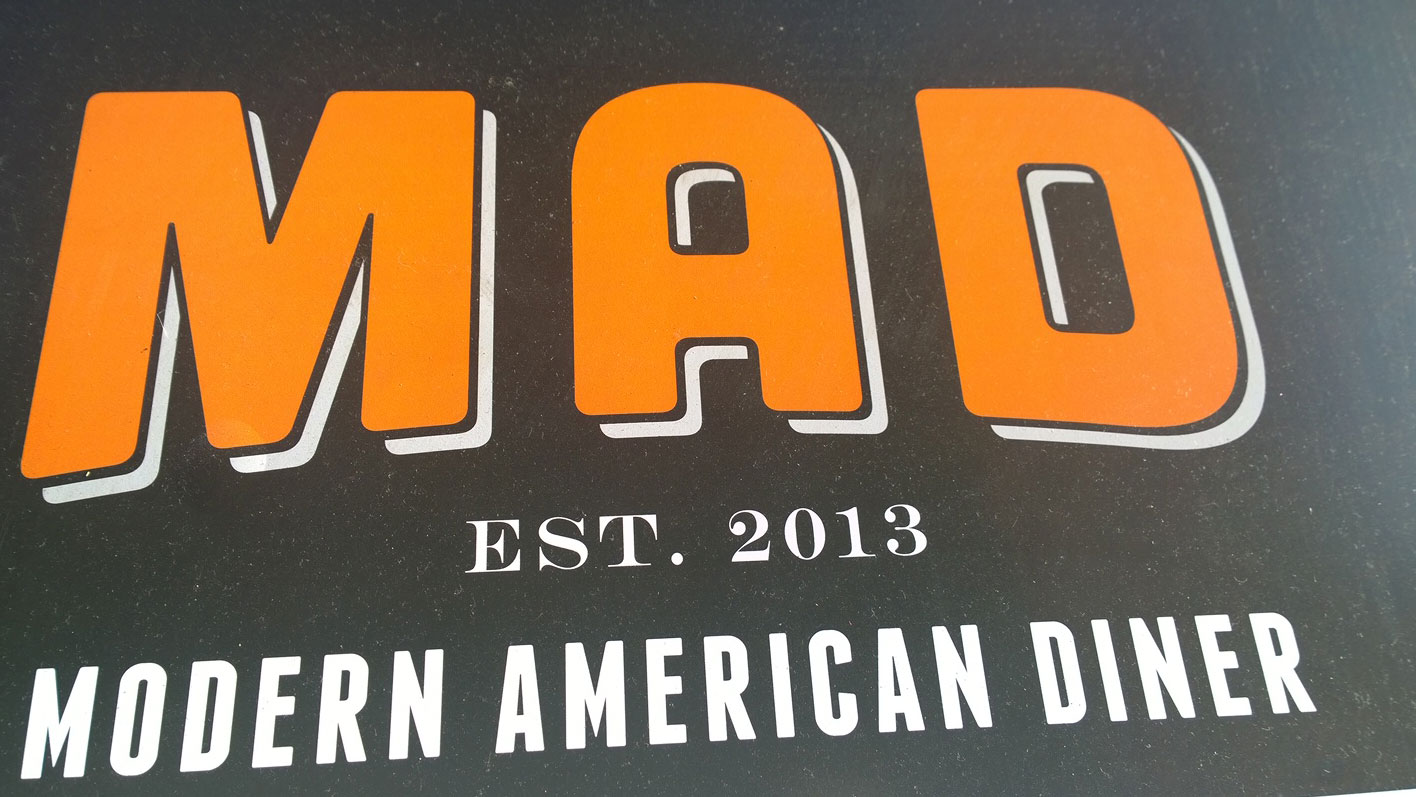By Morf Morford
Tacoma Daily Index
We express and define ourselves by our language and our vocabulary. Children learn to express themselves, and that departure from vague (if intense) crying and screeching is a major developmental touchstone.
The Oxford Dictionary, and a few other organizations, nominate a word that captures the essence and spirit of the year as it draws to a close.
Here is how Oxford Dictionary sums up their intent:
“The Oxford Word of the Year is a word or expression that is judged to reflect the ethos, mood, or preoccupations of the passing year, and have lasting potential as a term of cultural significance.”
The last couple of years of any given decade are virtually always the years that define – for better or worse – that decade. The 1970s, for example are defined by the disco-driven fashion and cultural excesses that emerged in 1977 – or even later.
The twenty-teens (those years between 2011 and 2020) will almost certainly be framed by the values, preferences and, yes, language that pervades our headlines and conversations.
“Rage,” “toxic” – even “grieve” have emerged as possible words that sum up our year just ending. (1*)
Whichever word you choose, it can’t be a good sign that each of these words (and many others that were nominated) embody loss, despair and disconnection.
You’d think that in a year when every branch of our federal government (and most state government) is controlled by a single political party, that they, at the very least, would be doing victory laps and achieving near miracles because of their political unity – free from the curse of party-bound gridlock.
And you’d think that with record low unemployment and a booming housing and construction market that we’d all be cheering on the economic recovery we are all (or almost all) experiencing.
But no. Impending doom – if not societal collapse – seems to be on everyone’s mind.


The American suicide rate is steadily increasing – especially among white males over 45.
We average about 130 suicides on any given day – mostly by guns. “Successful” male suicides outnumber females by over three to one. (2*)
Opioid addiction (and fatal overdoses) are at record highs – again largely among white males over 45 – particularly in poorer and economically depressed areas like coal country and the agricultural sector – and show no sign of decreasing.
Fatal drug overdoses, once extremely rare, have become the number one cause of unintentional death across our country – defying age, class and racial boundaries. (3*)
About fifty deaths each day from opioid overdose has become our depressing “normal.”
There is actually an economic term that attempts to capture this disconnection between the larger societal picture of low unemployment, expanding GDP and rising (until recently) stock market and the everyday life of a typical family or working person.
The stock market may rise – or collapse by 500 points in a single day, but what does that matter to the guy who takes the bus to work, or the mother who can’t find childcare or the parent who can’t find decent healthcare for their children?
The erratic swings of the stock market don’t matter much to those people – but getting through the day does matter.
The “Misery Index” is a statistical analysis of how economic benefits and opportunities are spread (or are not spread) through out a society. (4*)
Established in the malaise of the late 1970s, the Misery Index is an effective barometer of personal satisfaction in any given economy.
After all, any abstract economic or political philosophy only really matters in the way it hits each one of us at home.
You don’t need to be an idealist to recognize that when economic benefits and opportunities are widely available and shared, the whole society prospers.
And when economic benefits and opportunities are restricted to a “ruling class” economic inequality increases as does a range of social ills from addiction and homelessness to resentment, revolution and chaos.
Increasing desperation and a sense of inherent injustice is never a positive or productive social characteristic. How the economic benefits sift down to individuals is the fullest and truest sustainable economic indicator.
To be fair, the word of the year has not been very upbeat the past few years either.
Different organizations suggest different words, but 2017 was defined by words like “Fake news,” “Complicit” and “Dumpster fire” – all referring to the accumulating distrust, anxiety and upheaval becoming ever more apparent in every aspect of our culture.
For the first time that I have noticed, The Economist designates a country of the year.
Under normal circumstances, this recognition would go to the country that has most dramatically improved the rights and living standards of its citizens.
This year, being far from normal, has a distinct set of characteristics. Instead of recognizing “the most improved,” The Economist has decided to recognize the nation that, for no reason whatsoever, took major legal, economic and political steps to sabotage itself.
It was a tough call in 2018. With revolution in the streets of Paris, civil wars in Yemen, Syria and Sudan and predictably counterproductive and pointless tariffs initiated by the USA and negatively impacting trade, travel and tourism in multiple countries.
The clear winner, at least in the eyes of The Economist, was Great Britain. (5*)
With the most to lose, and little to anything to gain, Brexit is the ultimate fool’s policy.
It takes great determination to propose, advocate for and establish polices that are all along the spectrum of absurd to self-destructive.
I am so glad that we as a nation have the common sense, decency and political balance of powers to avoid such a fate.
And I am glad that 2019 offers us a new opportunity to enhance the world’s vocabulary.
I, for one, am ready for a more upbeat wor(l)d.
(1*) Background on these word nominations can be found here https://medium.com/wordsthatmatter/why-rage-is-the-word-of-the-year-e686d02f67ee or https://medium.com/wordsthatmatter/why-grieve-is-the-word-of-the-year-1662e2fa4941
(2*) You can see more details on suicide here – https://afsp.org/about-suicide/suicide-statistics/
(4*) Definitions and background on the Misery Index can be found here – https://inflationdata.com/articles/misery-index/








